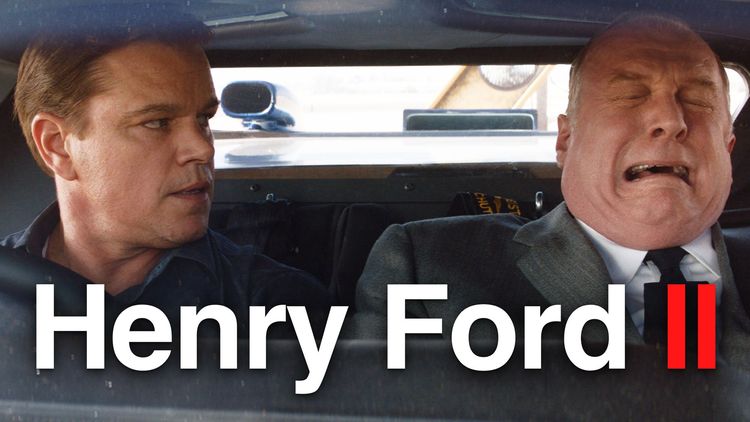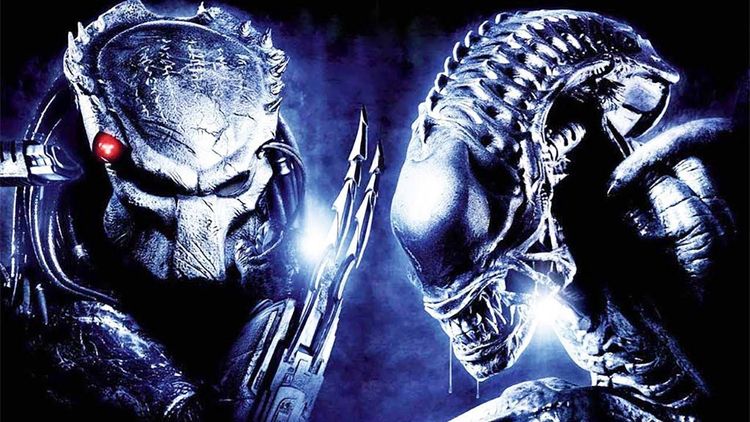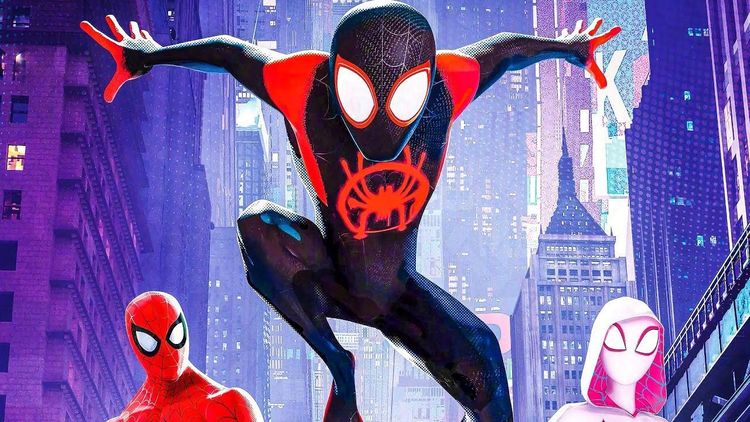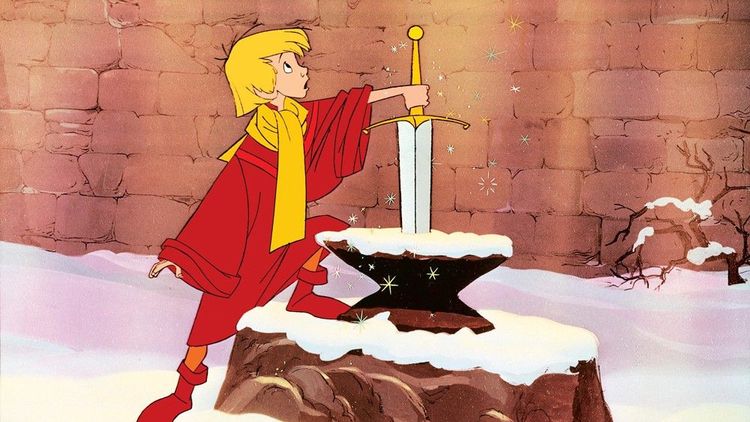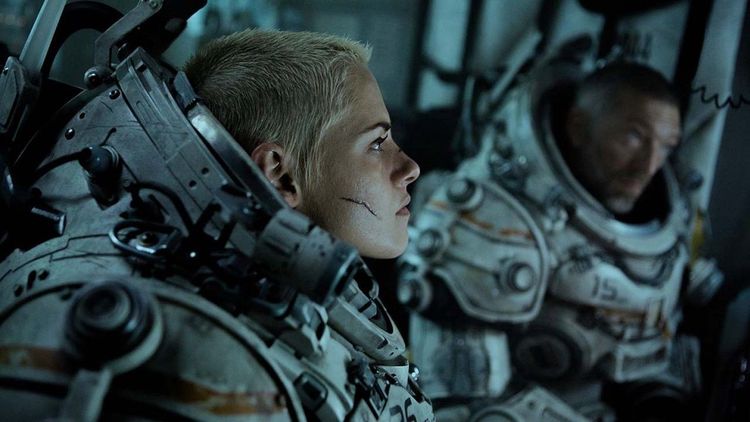The Lion King Rejects Nihilism and Embraces Tradition
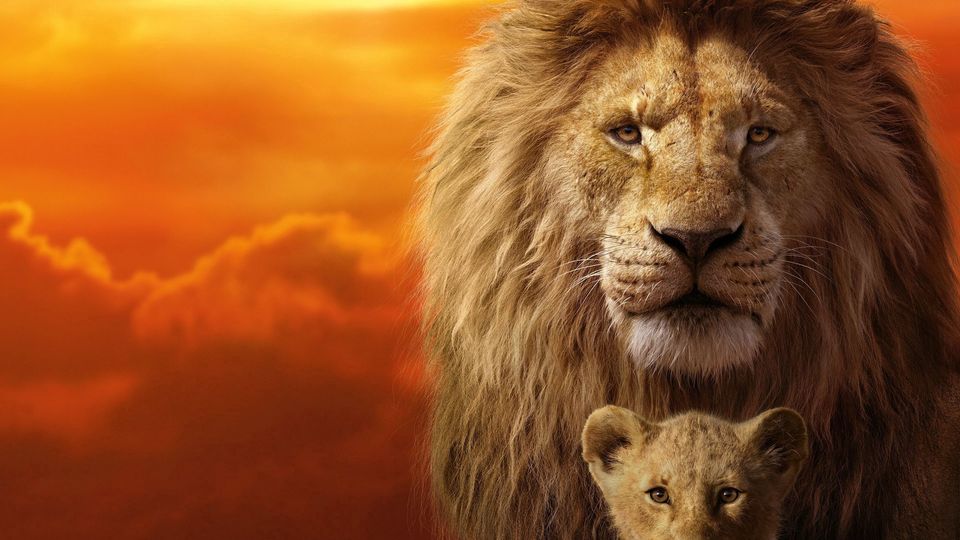
Due to the disappointment of Disney live-action failures such as Beauty and the Beast, I had no desire to go see the “live-action” version of The Lion King in theaters.
But after it was released on Disney Plus, I decided one day to give the remake a watch to see how it stacked up when compared to the original.
I have to admit that The Lion King was never my favorite Disney cartoon, so to my surprise…I didn’t actually hate this new adaptation.
That’s not to say I loved the remake, because I didn’t, but I didn’t loathe myself while watching it as I did with the likes of Aladdin and the aforementioned Beauty and the Beast.
The CGI, while technically impressive, was extremely flat, and the realistic characters weren’t able to emote in any meaningful way. On top of that, the voice acting was uninspired, and the dramatic moments were rushed, almost as if the filmmakers expected everyone to have already watched the original in order to understand what was going on in the story.
But what was fascinating about watching the 2019 remake was how it put the philosophy of the story into a more focused perspective. More specifically, the live-action version highlighted how distinctive Mufassa’s and Timon and Pumbaa’s views on the meaning of existence are.
While the nuances of The Lion King’s message flew over my head when I was a kid, the 2019 version added a scene that put these philosophical contrasts front and center.
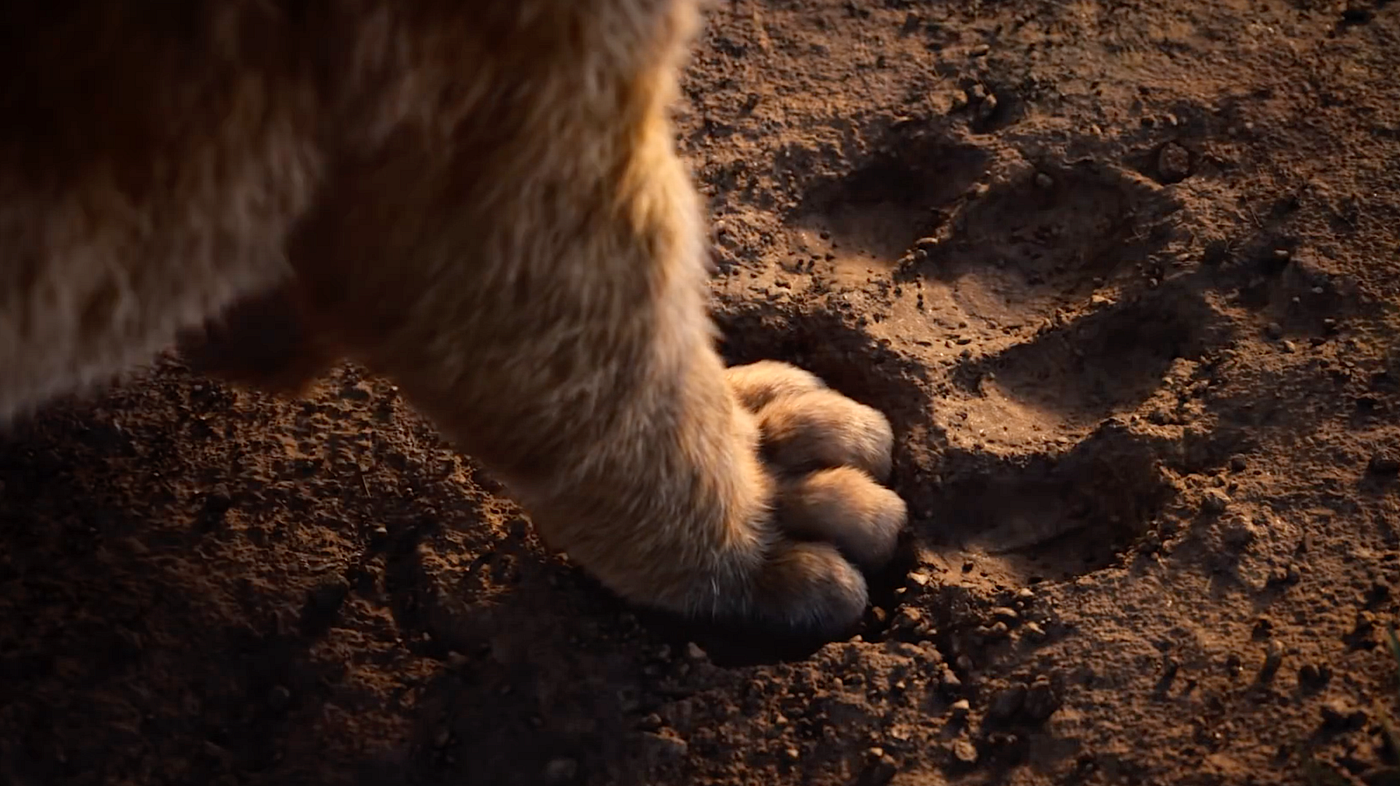
The Liong King • Walt Disney Studios Motion Pictures
As it is in the animated version, after the death of Mufassa, Simba allows himself to be manipulated by his murderous uncle, Scar, into fleeing his home to live a life of banishment.
When Simba stumbles across two carefree spirits named Timon and Pumbaa, they teach him about their way of life that runs contrary to the teachings of Simba’s father.
To make their worldview easy to understand, Timon and Pumbaa sing the iconic song, Hakuna Matata.
This is the song that anyone who grew up with the animated version knows by heart.
Which, now that I think about it, is kind of terrifying.
At its core, the Hakuna Matata song is nihilistic to the core. Nihilism, of course, is the philosophy that rejects morality and any meaning of existence.
But hey, it’s a happy sounding song with a catchy tune, so it must be good, right?
But if you just read the chorus without the catchy tune and stop to think about it, Hakuna Matata takes on a whole new meaning.
“It means no worries, for the rest of your days. It’s our problem-free philosophy.”
But who do you know that lives their life with no worries?
Is there such a thing as a problem-free life?
Of course not.
As Westley says in The Princess Bride, “Life is pain, Highness! Anyone who says otherwise is selling something.”
But unlike the animated version that skims over this period of Simba’s life, the 2019 version gives Timon and Pumbaa time to expand on their worldview by allowing them to preach the merits of their carefree philosophy to the impressionable Simba.
The Liong King • Walt Disney Studios Motion Pictures
The Liong King • Walt Disney Studios Motion Pictures
When talking about the natural world, Simba asserts that there’s a circle of life. Upon hearing this, Timon retorts, “No, it’s no circle. In fact, it’s the opposite. It’s a line. It’s a meaningless line of indifference.”
Then Pumbaa interjects by saying, “And we’re all just running towards the end of the line. And then one day we’ll reach the end, and that’ll be it. That’s it. Line over! And you can really just kind of do your own thing and fend for yourself because your line doesn’t affect anyone else’s lines.”
To which, Timon says, “You’re alive, and then you’re not.”
Upon hearing this exchange, I perked up. Was The Lion King really getting into a philosophical debate regarding nihilism and the meaning of existence?
This was fascinating to me because somehow, these two characters cut through all the static surrounding the debate between theism and atheism.
When talking to my friends, I sometimes bring up the fact that with any ideology or philosophy, to truly understand it, you need to take any belief-system to its extremes.
You need to stretch it and poke at it to see, fundamentally, what do these beliefs really mean at their core, and how do they impact our daily lives?
For instance, if it’s true that there’s some form of eternal moral law, that states that murder is wrong, then there are natural and eternal consequences for breaking that moral law.
On the flip side, if it’s true that there is no moral law, then morality can’t exist. Therefore, murder can’t, by definition, be wrong.
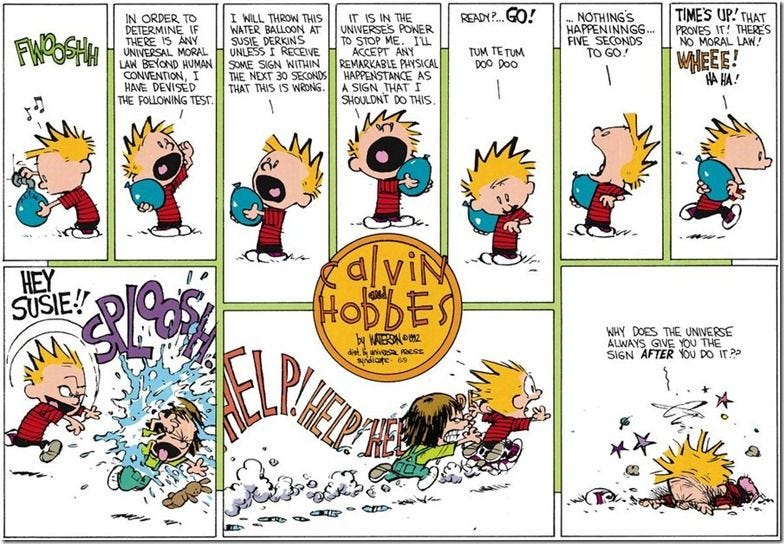
Calvin and Hobbes • Bill Watterson • Andrews McMeel Publishing
With this belief system, such a thing as murder can be looked down on by society, and laws can be passed prohibiting it.
But at the end of the day, it can’t be wrong because wrong doesn’t even enter the equation with nihilism, just as Timon and Pumbaa pronounce.
You just are, and things just happen.
Timon drives this point home when he says, “Let me simplify this for you. Life is meaningless.”
When I heard this, I nearly fell out of my seat…metaphorically, of course.
Life is meaningless? This is a perfect example of stretching a belief system to its extreme.
If life is meaningless, then what impact does that have on your life?
If life is meaningless, then is any law or rule better than any other law or rule?

Calvin and Hobbes • Bill Watterson • Andrews McMeel Publishing
Simba, still not totally buying into this strange new theory, asks, “You sure it’s not a circle? That we’re all connected?”
Pumbaa, as voiced by Seth Rogen, replies, “A circle would mean we’re all this. That would mean what I do affects him, affects that thing, affects that thing. Which would make doing whatever we wanted not that cool.”
This is the natural extreme of nihilism. If life does have meaning and there’s some grand design in the universe, then fundamentally, that means that doing “whatever” we want is definitely “not that cool,” as Pumbaa says.
In the political sphere, I hear arguments all the time that say things like, “As long as it’s not hurting anyone, then what’s the problem?”
The problem is that if there is a higher moral authority, then anytime you cross that line, you not only do damage to yourself but to others as well.
This is because if the circle of life is true, as espoused by Mufassa, then every action we take affects everything around us.
In other words, our actions don’t live in a vacuum.
But if we live on a straight line, as Timon and Pumbaa say, then it doesn’t matter what you do.
Now to be clear, I’m not saying that The Lion King espouses nihilism because, for anyone who has seen the film, obviously that’s not to the case.
Rightly so, the Liong King’s story is designed to inherently refute the nihilistic claims and lifestyle espoused by Timon and Pumbaa.
“You see the man you could be” Jordan Peterson on Radical Change
Through a series of metaphysical occurrences and a mentor who sets him back on the right path, Simba rejects the philosophy of Hakuna Matata and returns to fulfill his familial and societal obligations.
Simba comes to understand that life does have meaning and that running from that meaning has moral and natural consequences for himself and those around him.
But during Simba’s adolescent years, like many of today’s youth transitioning to adulthood, Simba got caught up in a nihilistic lifestyle by accepting the idea that life is better by rejecting the yokes of society, responsibility, and morality.
But in the animated version, Simba experiences a vision where his deceased father, Mufassa, appears before him in an angelic aura and says, “You have forgotten who you are and so have forgotten me. Look inside yourself, Simba. You are more than what you have become. You must take your place in the circle of life.”
Why do scenes like this give us goosebumps?
The Liong King • Walt Disney Studios Motion Pictures
It is because we are more than what we have become.
Life does have meaning, and if we run from that fact, then we will find ourselves in a place where meaningless is the foundation of our lives.
Ultimately what I found interesting was that the 2019 live-action remake did a better job of explaining the concept of nihilism, while the 1994 animated version did a far better job of examining the theistic and archetypal tropes of the story.
I don’t know what that says about us as a society, but the fact remains that the stories that have the most impact on the world are the ones that call us to a sense of belief and meaning.
As Mufassa says, “Remember who you are.”

